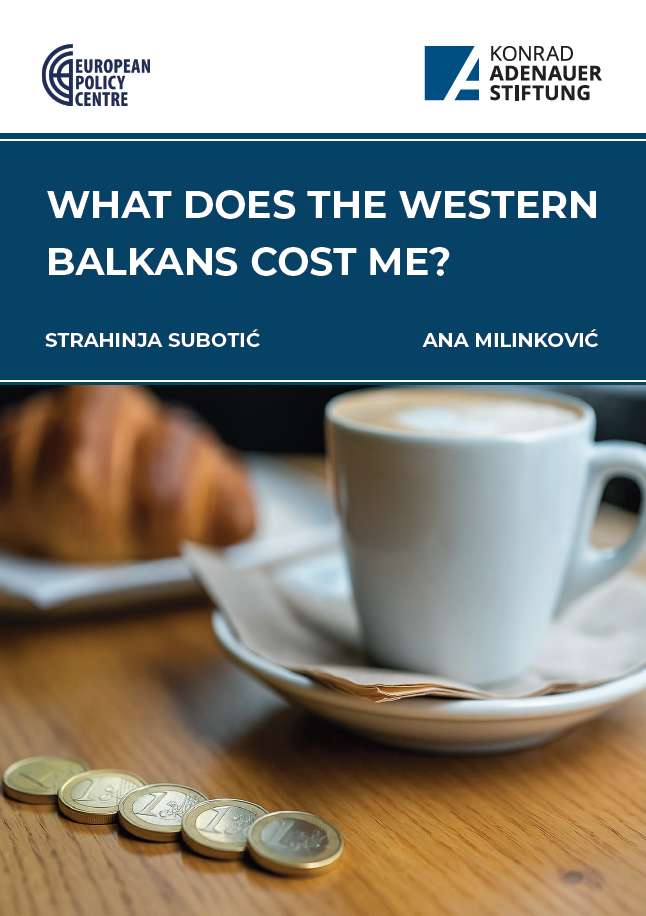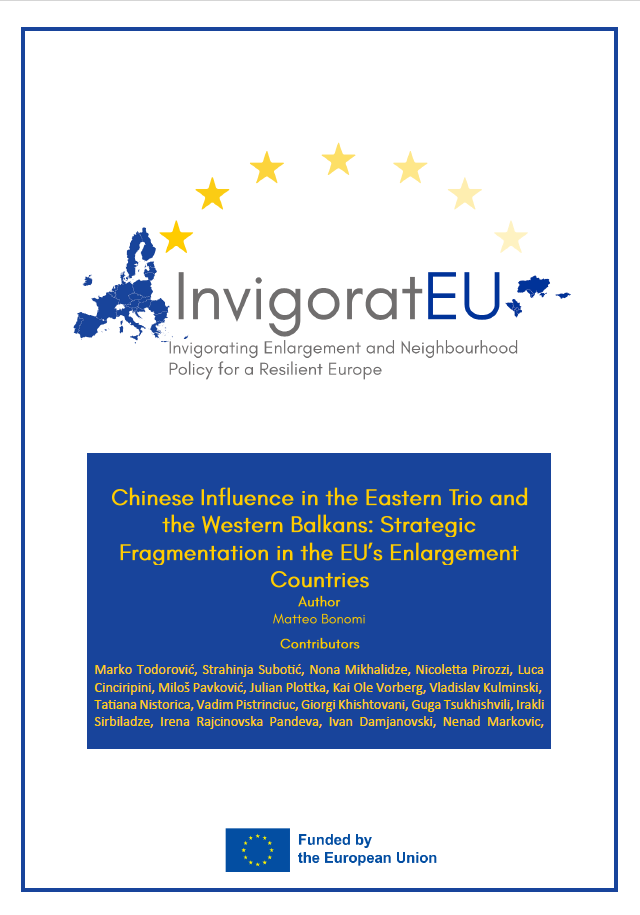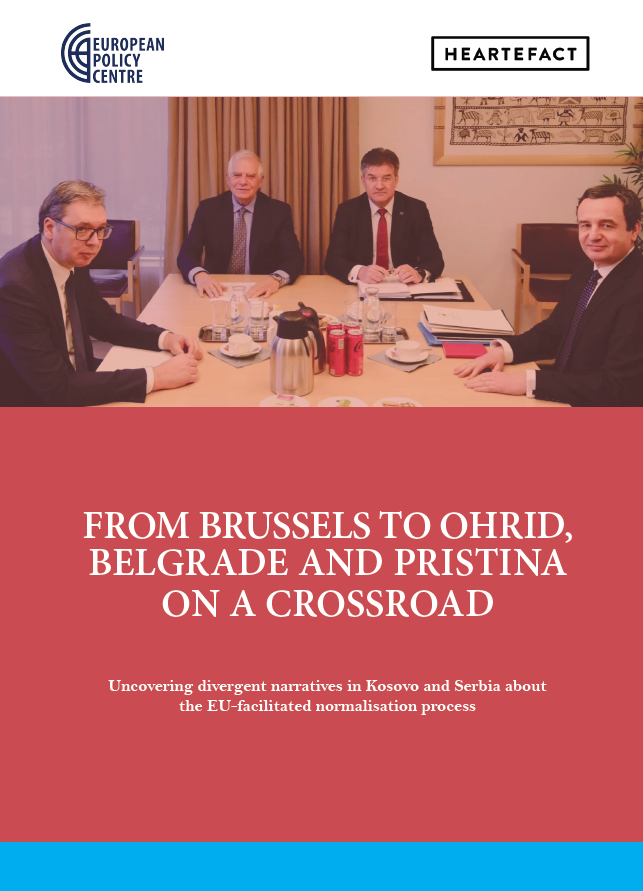Headquarters: Svetog Nauma 7, 11000
Office address: Đorđa Vajferta 13, 11000
Phone:: +381 11 4529 323
Few aspects of EU enlargement policy have sparked as much debate as its decision-making procedure. Amid shifting geopolitical realities and an expanding pool of candidate countries, a growing number of think tanks and member states are advocating a shift from unanimity to qualified majority voting (QMV) as a way to reduce the risk of potential deadlocks. Under QMV, a decision can be adopted if supported by 55% of member states representing at least 65% of the EU population. The core argument is that requiring unanimity for all decisions – including those of a purely technical nature – creates uncertainty for candidate countries, who reasonably fear that the process may be misused by individual member states. This, in turn, undermines the credibility of the enlargement policy and weakens the Union itself over time. In light of these challenges, the German-Slovenian non-paper, submitted to the Council in 2024, has echoed the call for change. As efforts to build consensus around it continue, this paper takes the discussion further by exploring the practical implications of applying QMV to the enlargement policy – aiming to dispel the concerns of those still sceptical about its adoption.
By showing how the non-paper’s proposal would specifically affect different groups of candidate countries (the Western Balkans and the Eastern Trio), the paper helps readers better comprehend to what extent it benefits these countries and whether it calls into question member states’ ability to safeguard their core interests. Drawing on concrete findings, the paper advances two key arguments. First, the German-Slovenian non-paper introduces only modest immediate benefits, accelerating candidates’ accession progress to varying degrees depending on each country’s specific context. While it does not fundamentally transform the enlargement process, it nonetheless represents a meaningful step toward greater predictability for candidates – at least through the point of cluster opening. Second, even if member states were to implement the proposal as suggested by the non-paper, they would still retain the majority of their existing veto opportunities. Yet, since the unconvinced member states will likely require even stronger safeguards to support dropping the unanimity for some steps, the paper recommends adopting reinforced QMV – requiring 65% of member states representing 72% of the EU population – as a more workable compromise.


